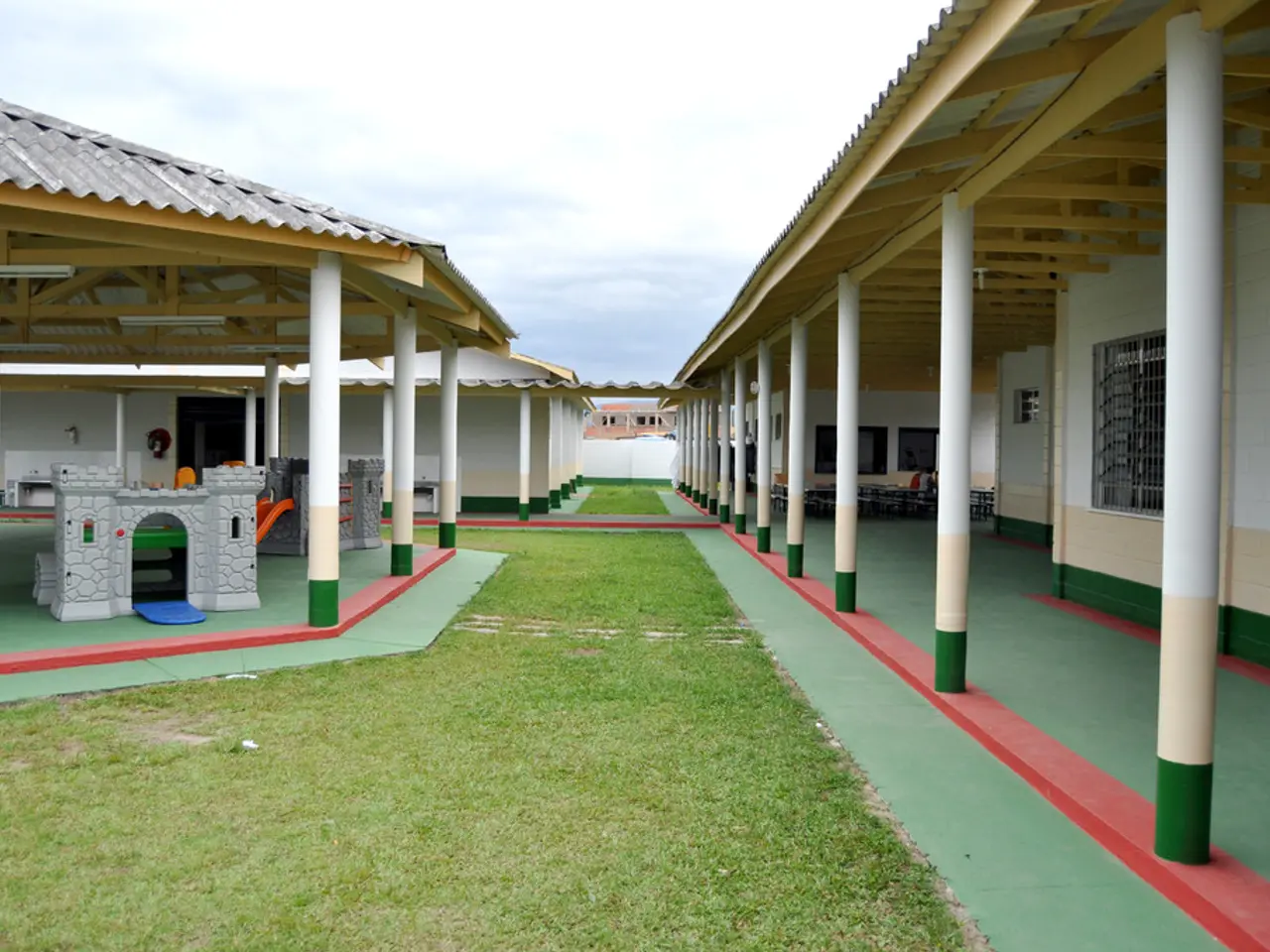Berlin's Refugee Shelters Struggle With Working Conditions
Berlin's refugee shelters face challenges in ensuring good working conditions, with both non-profit and profit-oriented companies operating them. The city's procurement process prioritizes price, making it difficult to maintain high standards. The Left Party proposes transferring shelters to municipal control, while the Senate develops a 'portfolio strategy' for homeless people, regardless of refugee status.
Currently, refugee shelters in Berlin are run by contractors who win bids based on price. This procurement process makes it hard to guarantee good working conditions. Some operators, like those hired by the Evangelical Church or Diakonisches Werk, have collective agreements. However, the Senate doesn't track how many operators follow these agreements.
Working conditions can be overlooked, with the Berlin minimum wage of 13.69 euros applying if no branch-specific minimum wage is set. Elif Eralp, the Left Party's migration policy spokesperson, criticizes the lack of control over these conditions. The Left Party suggests transferring shelters to municipal control and paying employees according to the state's collective agreement.
Berlin's refugee shelter operators face challenges in maintaining good working conditions due to the current procurement process. The Left Party proposes municipal control and collective agreements for employees. Meanwhile, the Senate is developing a 'portfolio strategy' to address homelessness, including those with refugee backgrounds.
Read also:
- Tata Motors Establishes 25,000 Electric Vehicle Charging Stations Nationwide in India
- Tesla's Nevada workforce has escalated to a daily output of 1,000 Powerwall units.
- AI-Enhanced Battery-Swapping Station in Southeast Asia Officially Opens Its Doors
- Honda unveils blueprint for design, advanced driver assistance systems, electric vehicles, fuel efficiency, and technology development








